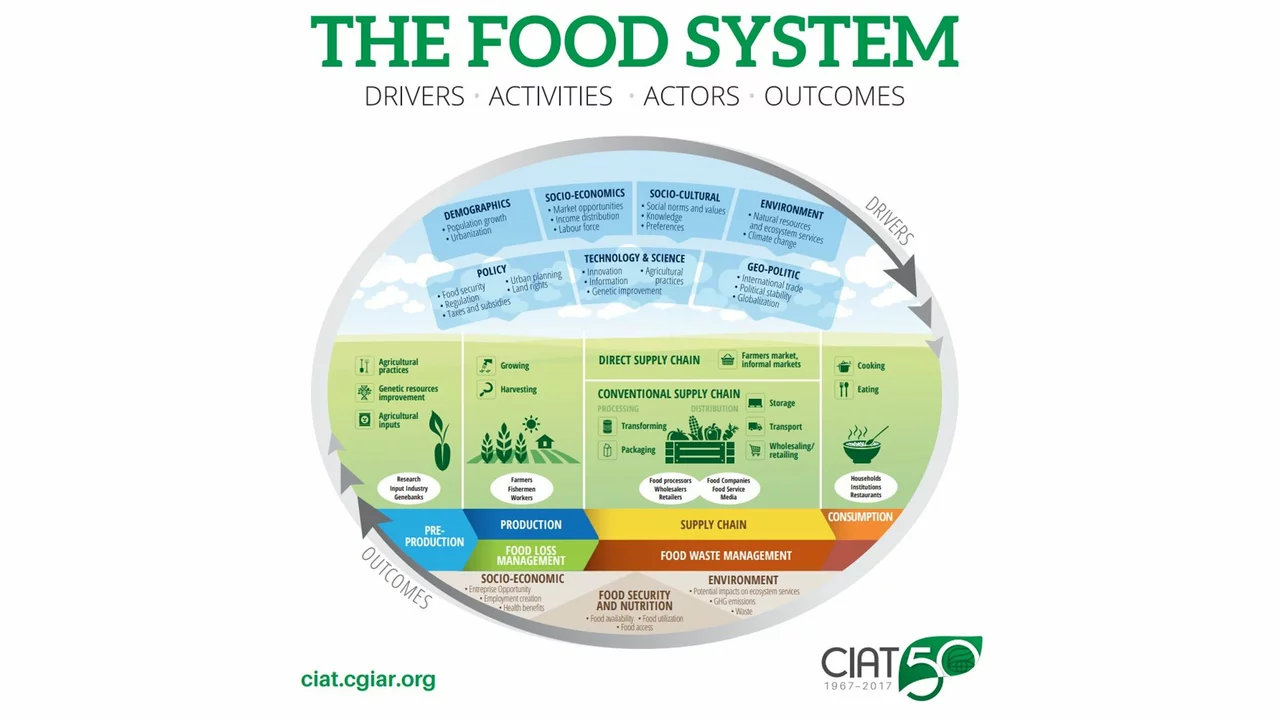Understanding Natural Resources
Before we delve into the complex world of natural resources that are not economical, it's essential to understand what natural resources are. Natural resources are elements from the environment that are used by humans for various purposes. These can be classified into two broad categories: renewable and non-renewable. Renewable resources are those that can be replenished naturally within a short period, like sunlight and wind. On the other hand, non-renewable resources are those that take a long time to regenerate, such as fossil fuels and minerals.
The Concept of Economically Non-valuable Natural Resources
When we talk about natural resources, we often think about their economic value. However, not all natural resources have a significant economic value. These are resources that may not contribute directly to our economy but still play a vital role in maintaining the balance of our ecosystem. They are often overlooked, yet their contribution to our survival and well-being is immeasurable.
Examples of Non-economical Natural Resources: Air
Air is a classic example of a natural resource that does not have a direct economic value. We do not sell or buy air, yet it is the most vital resource for our survival. Air provides us with oxygen, which is essential for human life. It also plays a crucial role in weather patterns and climate, which indirectly impacts our economy.
Examples of Non-economical Natural Resources: Water Bodies
While freshwater has economic value, many water bodies like oceans and seas do not have direct economic importance. However, they are essential for maintaining the earth's climate, supporting a vast array of marine life, and providing us with recreational opportunities. Moreover, they act as a natural sink for absorbing carbon dioxide, thus playing a crucial role in mitigating climate change.
Examples of Non-economical Natural Resources: Soil
Soil, especially unproductive soil, is another resource that is often overlooked. While fertile soil is valuable for agriculture, unproductive soil does not have a direct economic value. However, it supports a wide range of organisms and contributes to biodiversity. Furthermore, it plays a crucial role in nutrient cycling and water filtration.
The Role of Non-economical Natural Resources in Biodiversity
Non-economical natural resources play a critical role in maintaining biodiversity. Biodiversity, the variety of life on earth, is not just about the number of species but also about the variety of ecosystems and genetic diversity within species. These resources provide habitats for a variety of species and play a crucial role in maintaining the balance of our ecosystems.
Non-economical Natural Resources and Climate Regulation
These natural resources also contribute significantly to climate regulation. For instance, oceans absorb about 30% of the carbon dioxide produced by humans, buffering the impacts of global warming. Forests, while having economic value for their timber, also sequester carbon and contribute to rainfall patterns, thus playing a role in climate regulation and water supply.
The Impact of Human Activities on Non-economical Natural Resources
Unfortunately, human activities are putting these invaluable resources at risk. Pollution, overexploitation, and climate change are threatening these resources, which could have dire consequences for our survival and well-being. It's therefore crucial for us to recognize their value and take steps to conserve and protect them.
The Importance of Valuing Non-economical Natural Resources
In conclusion, natural resources that do not have direct economic value are as important as those that do. They play a crucial role in maintaining the balance of our ecosystems, supporting biodiversity, and regulating our climate. Recognizing their value is the first step towards their conservation. We need to shift our focus from solely economic value to the intrinsic value of these resources, and understand that our survival depends on the health of these resources.
About the author
Caspian Thornwood
Hello, my name is Caspian Thornwood and I am an environmental expert with a passion for writing about our planet. I live in Melbourne, Australia, with my wife Abigail and our beloved children, Flynn and Delaney. Our extended family also includes Toffee, our Golden Retriever. When not studying and writing about the environment, I find joy in hiking, photography and gardening. I have dedicated my life to studying the impacts of human activity on the environment and finding sustainable solutions. I enjoy sharing my knowledge through articles, books, and presentations in order to educate and inspire others to protect our planet. In my free time, I love to explore the great outdoors and stay updated on the latest environmental research. Join me in my journey to preserve and restore the beauty of our natural world.
Write a comment
Random posts
-
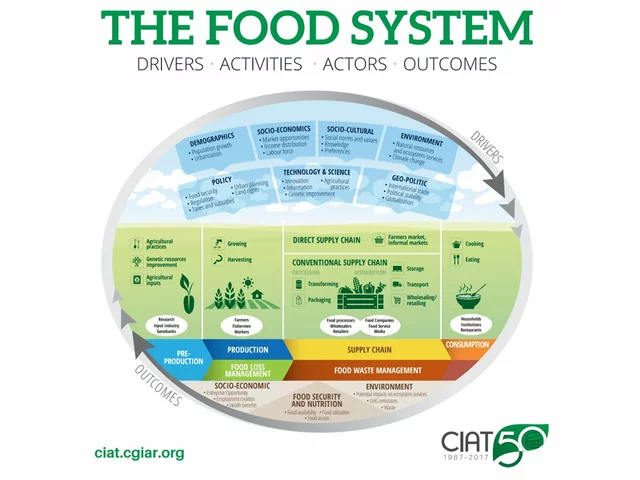
What are natural resources that are not economical?
In exploring the topic of natural resources that are not economical, it's crucial to understand that not all resources come with a price tag. Some like air, sunlight, and water in many parts of the world, are freely available and not traded in markets, thus lacking an economic value. Yet, they're fundamental to all life. Other examples might include scenic beauty and biodiversity, which are priceless and irreplaceable. It's important to remember that economic value doesn't equate to overall worth.
-
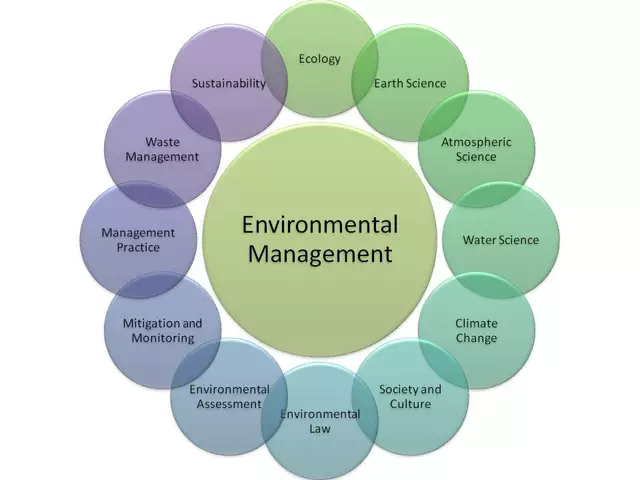
Can the exploitation of natural resources be sustainable?
In my exploration of whether exploiting natural resources can be sustainable, I found that it's a complex issue. While we rely heavily on these resources, overexploitation can lead to environmental degradation. However, with careful management, the use of renewable resources can potentially be sustainable. The key lies in balancing our needs with the preservation of the environment. Stricter regulations, technological advancements, and a global commitment to sustainability could make a significant difference.
-
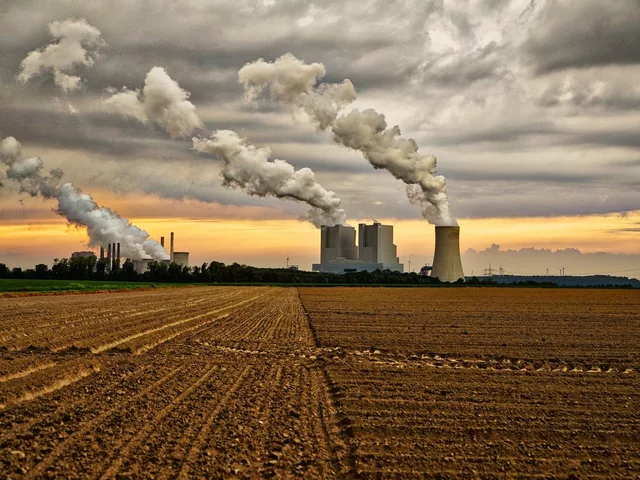
What are the environmental impacts of using coal as a fuel?
Well, folks, I've been digging deep into the coal mine of knowledge to bring you the dirt on our favorite fossil fuel. Turns out, it's not all sunshine and rainbows, coal has a pesky habit of causing a few environmental issues. Get this, when we burn coal, it releases a cocktail of gases, including carbon dioxide, which is like a personal trainer for global warming, making it bigger, stronger, and a whole lot scarier. Not to mention, it also generates a bunch of waste products that would make even the most hardened garbage man cringe. Plus, coal mining operations aren't exactly a walk in the park for our lovely landscapes, leaving them looking like a lunar landing site. So, while coal might've kept our ancestors toasty, it seems the environmental cost is a bit of a cold shower!
-
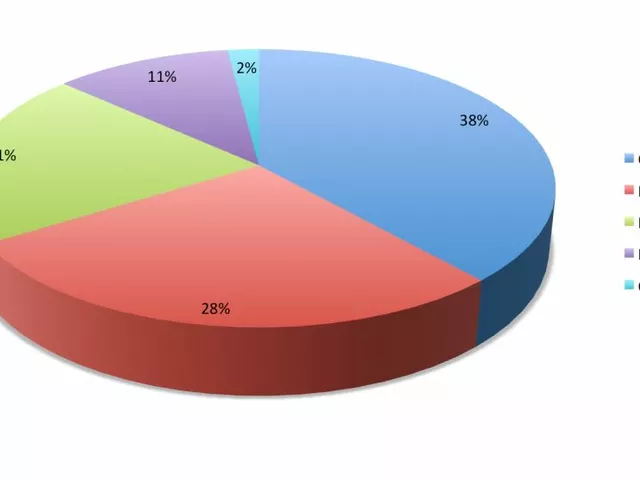
What is the worst kind of renewable energy?
Alright folks, buckle up for a wild ride through the world of renewable energy! Now, as much as I'm a fan of green power, I gotta admit - some sources are more problematic than others. Drumroll, please...and the award for the most troublesome renewable energy source goes to... biomass! Yep, you heard it right. Despite its "renewable" label, biomass can be terribly inefficient and it's practically a party pooper for the environment with its significant carbon emissions. So, next time you hear "biomass", think twice before you put on your party hat!
